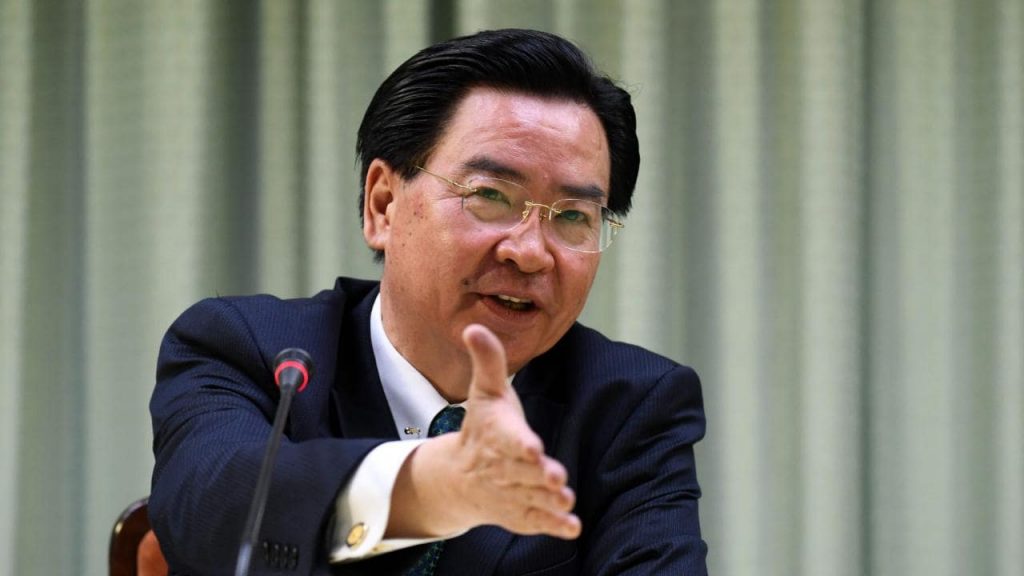Taipei: Taiwan will not press for participation at the World Health Assembly beginning Monday, but will continue to donate medical supplies abroad and protest China’s “two-faced behaviour” that excludes it from such forums, the island’s foreign minister said.
Joseph Wu told reporters the shortened agenda for this year’s WHA requires time be devoted to concentrating on ways to control the coronavirus pandemic. Taiwan agreed with suggestions that the issue of its participation be discussed instead at meetings later this year once the outbreak had been better contained, Wu said at a Monday news conference.
“After careful deliberation, we have accepted the suggestion from our allies and like-minded nations to wait until the resumed session before further promoting our bid,” Wu said.
Taiwan’s United Nations seat was handed to China in 1971 and Beijing insists the self-governing island republic it claims as its own territory has no right to diplomatic relations or membership in UN bodies.
Taiwan had been an observer at the WHA in past years when its relations with China were warmer, but China has taken a hard line since the 2016 election of independence-leaning Taiwanese President Tsai Ing-wen. Taiwan insists China has never been authorised to represent it.
Wu said his ministry expressed “deep regret and strong dissatisfaction that the World Health Organization Secretariat has yielded to pressure from the Chinese government and continues to disregard the right to health of the 23 million people of Taiwan.”
Despite its exclusion from the WHO, Taiwan is working closely with the United States and many European countries to develop rapid testing kits, vaccines and medicines for COVID-19 and has donated 27.5 million face masks, 131 infrared thermal imaging cameras, 35,000 thermometers and 250 automatic body temperature detection systems to foreign countries, Wu said.
Plans call for the donation of another 23.5 million surgical masks, 1.16 million N95 masks, 170,000 protective gowns, 600,000 isolation gowns, 70 respirators, 34 PCR test devices, and 500,000 quinine tablets, Wu said.
AP






